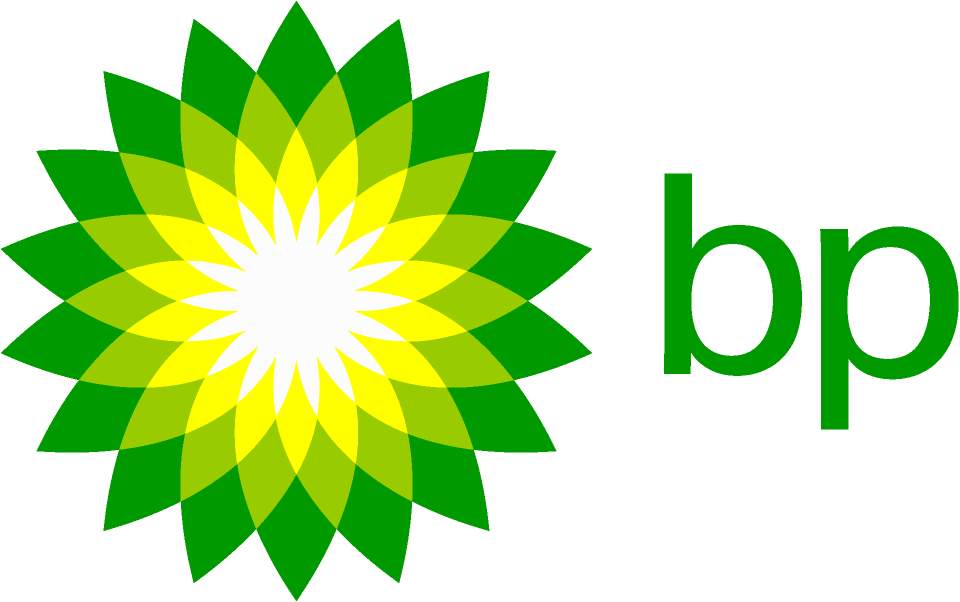 The devastating and escalating events in the Gulf of Mexico underscore an amazing collection of problems: reliance on polluting energy, absence of a coherent national energy plan, the problems with lax government oversight, and dozens of others. Perhaps most clearly, it shows the gulf we should have seen years ago between the image of BP and the reality of BP.
The devastating and escalating events in the Gulf of Mexico underscore an amazing collection of problems: reliance on polluting energy, absence of a coherent national energy plan, the problems with lax government oversight, and dozens of others. Perhaps most clearly, it shows the gulf we should have seen years ago between the image of BP and the reality of BP.
This spiraling disaster might literally have never happened if BP had made a real and deep commitment to changing more than its logo. Almost 10 years ago, BP — the largest corporation in the UK — spent an extraordinary amount of money and resources on a now infamous rebranding effort ($125 million a year, according to the New York Times) to show its commitment to a world “beyond petroleum.” Branding experts would certainly argue it was money well-spent; for a time, the company became emblematic of the environmental transformation that could occur even within the largest of the world’s businesses and of the ROI that could result when the marketplace rewarded those changes.
Consumers were promised a cultural shift and, to a large degree, bought it. The company was going to remake itself. It was going to become a very high-profile example of how a company with the resources and know-how to profit from 19th century energy solutions was perfectly positioned to do the same in a 21st century where the realities had changed. The company could be a leader in renewable energy and even transition away from the business of oil extraction. The company could even be positive voice for corporate climate action from an industry sector with a vested interest in increasing greenhouse gas emissions.
It was all a façade.
Unfortunately, the BP case illustrates a glaring example of the disconnect between cynical rebranding efforts designed to shore up the dollars of a growing and loyal green consumer segment and the cold, hard realities of global business. Consumers didn’t get the culture shift they thought they were buying. It’s now clear they saw a company paying the worst kind of lip service to sustainability — while still polluting heavily, while still profiting from the extraction of fossil fuels, while still cutting major corners on safety, while still promising the moon to communities where they did business, while still pouring huge dollars into political campaigns, and lobbying designed to win powerful friends of fossil fuel expansion in Congress and in statehouses around the country. BP had played a game of smoke and mirrors. There was no corporate culture shift in “beyond petroleum.” It was cultural disdain. Essentially, the company said,”Who needs to invest in 21st century solutions when people will give us credit whether we’re really leading or not?” The company realized the consumer could be hoodwinked into not asking the hard questions.
When a disaster like this happens, it’s sometimes reassuring to try to find the potential good that can come from it. There is more and more evidence that neither the White House nor the Congress will be using this disaster to issue the necessary clarion call for the new energy future we so desperately need. If we’re lucky, maybe the impact will be largest in deepening both consumer savvy and consumer scrutiny of corporations so that their programs to “go green” have both measurable depth and staying power. Otherwise, we’ll never be far away from being duped again.
Note: As an organization annually scoring well-known companies on their efforts to address climate change, Climate Counts made the conscious decision when we launched in 2007 NOT to score oil & gas companies and automobile manufacturers. In trying to help consumers make more climate-conscious choices when they spend their money, it seemed almost absurd to evaluate companies that had such an inherently profound impact on the climate crisis. Would it really be reasonable to suggest to a consumer, as they drive down the road in a vehicle produced by any one of the numerous car makers who’ve fought vehemently against increased fuel efficiency standards, that they are truly more responsible by choosing to buy gasoline for that car from Shell vs. ExxonMobil vs. Chevron vs. ConocoPhillips vs. … BP? We chose to opt out of that fool’s errand.


